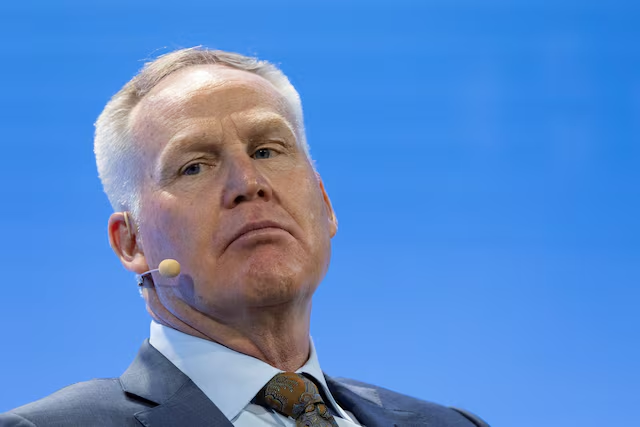Williams Companies announced that CEO Alan Armstrong will step down after more than 14 years of leading the U.S. pipeline giant. Armstrong, who has been with the company for nearly four decades, will officially be succeeded by Chad Zamarin on July 1. Zamarin, currently the executive vice president of corporate strategic development, has been with Williams since 2017 and is expected to continue advancing the company’s strategic growth initiatives. The leadership transition comes at a time when Williams is experiencing strong financial momentum, with the company reporting better-than-expected first-quarter earnings and raising its annual profit forecast. This performance is largely attributed to a significant rise in demand for natural gas, which has been driven by increasing electricity consumption from residential and commercial sectors, as well as the rapidly expanding needs of crypto-mining operations and artificial intelligence-powered data centers. Armstrong stated that Williams is strategically positioned to capitalize on the next wave of natural gas demand, particularly in power generation and LNG export markets, while maintaining a strong focus on traditional supply channels. Reflecting its confidence in future growth, the company raised its 2025 adjusted core profit guidance to a range of $7.5 billion to $7.9 billion, up from the previous estimate of $7.45 billion to $7.85 billion. The company’s first-quarter performance was bolstered by higher service revenues, which increased due to the successful execution of expansion projects and recent acquisitions. Total revenue for the quarter ended March 31 rose by nearly 10%, reaching $3.05 billion. Service revenues in particular climbed to $2 billion from $1.91 billion in the same period last year. Operationally, the company saw a boost in average daily transportation volumes on its Transcontinental Gas Pipe Line, which rose to 15.9 million dekatherms per day from 14.6 million dekatherms a year earlier. The improved operational metrics were further supported by a decision from the U.S. energy regulator in January to reinstate the certificate for the Transco pipeline expansion, after a court ruling had previously revoked the approval in 2023. Williams posted an adjusted profit of 60 cents per share for the first quarter, surpassing the average analyst estimate of 56 cents. With solid infrastructure, strong market trends, and new leadership ahead, Williams is navigating a period of dynamic growth and transformation.
READ MORE:
